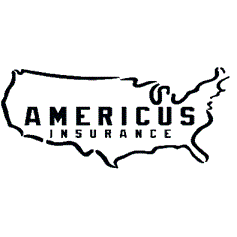
1. Understanding Recreational Vehicle Insurance:
a. Types of RVs Covered:
- Motorhomes:
- Class A, Class B, and Class C motorhomes.
- Travel Trailers:
- Non-motorized trailers towed by a vehicle.
- Fifth-Wheel Trailers:
- Trailers towed by a pickup truck with a special hitch.
b. Coverage Types:
- Liability Coverage:
- Protects against injuries or property damage you may cause.
- Collision Coverage:
- Covers damage to your RV in case of a collision.
- Comprehensive Coverage:
- Protects against non-collision incidents like theft, vandalism, or natural disasters.
- Uninsured/Underinsured Motorist Coverage:
- Protects against drivers with little or no insurance.
2. Policy Components:
- Deductible:
- The amount you pay out of pocket before your insurance kicks in.
- Premium:
- The cost of your insurance, paid monthly or annually.
- Policy Limits:
- Maximum amounts the insurance will pay for covered claims.
3. Factors Influencing Premiums:
- RV Type and Value:
- Class A motorhomes typically have higher premiums than travel trailers.
- Driving Record:
- A clean driving record often results in lower premiums.
- Storage Location:
- Where you store your RV when not in use.
- Usage Patterns:
- How often and for what purposes you use your RV.
4. Saving Money and Discounts:
- Multi-Policy Discounts:
- Bundling RV insurance with other policies for discounts.
- Safety Features:
- Discounts for having anti-theft devices, alarms, or other safety features.
- Membership Discounts:
- Discounts for being a member of certain organizations.
5. Special Considerations:
- Full-Time RV Living:
- Specialized coverage for those living in their RV full-time.
- Emergency Expenses:
- Coverage for lodging and transportation if your RV becomes uninhabitable.
6. Reviewing and Comparing Policies:
- Read the Policy Document:
- Understand terms, conditions, and exclusions.
- Compare Quotes:
- Obtain quotes from different insurers to find the best rates.
- Customer Reviews:
- Check customer feedback and satisfaction ratings.
7. Filing Claims and Managing Coverage:
- Prompt Reporting:
- Report claims as soon as possible.
- Documenting Losses:
- Keep detailed records and documentation of losses.
- Review Coverage Annually:
- Update coverage based on changes in your RV or lifestyle.
